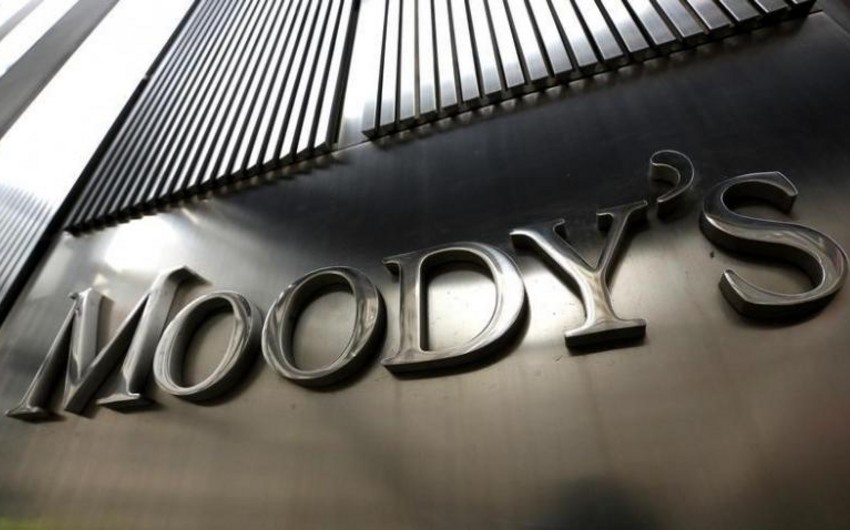Baku. 9 September. REPORT.AZ/ Azerbaijan's Ba2 rating and stable outlook reflect the vulnerability of the economy, government finances and banking system to oil price volatility.
Report informs, Moody's international rating agency's report, "Government of Azerbaijan -- Ba2 stable, Annual Credit Analysis", says.
"The drop in oil prices resulted in a prolonged recession in Azerbaijan and has put pressure on the government and external finances", said Kristin Lindow, a Moody's Senior Vice President and co-author of the report. "Although the government's finances are supported by a large sovereign wealth fund (SOFAZ) with a value equivalent to nearly 90% of GDP, flexibility is limited to use the fund's resources for counter-cyclical fiscal policy that would soften the impact of lower oil prices".
Moody's expects that Azerbaijan's economy will contract for the second consecutive year in 2017. In the first half of the year, the GDP shrank by 1.4%, and Moody's believes that the contraction for the whole year will be at a similar rate.
Agency says that oil prices remain relatively low and credit is continuing to shrink rapidly amid ongoing banking sector distress. Pro-cyclical fiscal consolidation, tight monetary policy and a managed float of the exchange rate not allowing the manat currency to find its market-determined level.
The government and Central Bank have tried to shore up the country's banking sector over the past year, a process that has cost roughly 30% of GDP, in particular through the cost of restructuring the country's largest bank, the International Bank of Azerbaijan (IBA).
Despite the restructuring, Moody's believes that the bank will still face challenges in restoring asset quality and profitability amidst managing its remaining open foreign-currency position. The wider banking system will also remain weak for some time.
Azerbaijan's gross debt-to-GDP ratio, including explicit government guarantees, increased steeply to 50.7% in 2016 from 14.4% in 2014 due mainly to the depreciation of the manat and an increase in government guaranteed debt.
Given still weak economic dynamics, Moody's anticipates fiscal deficits of 2.9% and 1.8% of GDP in 2017 and 2018, respectively, assuming oil prices stay in the range of $45-$55 per barrel over the period.
Decisive action to address the key challenges in the country's credit profile, namely the erosion in fiscal strength, the lack of economic and export diversity and the weak banking sector, would generate upward pressure on the rating: "The ratings would come under negative pressure if the government's balance sheet deterioration were to continue beyond 2018, particularly if that was associated with further banking sector shocks and increased budgetary reliance on the sovereign wealth fund's".


 https://static.report.az/photo/0e2bb439-d04b-418d-98ca-ca15f5f893de.jpg
https://static.report.az/photo/0e2bb439-d04b-418d-98ca-ca15f5f893de.jpg

